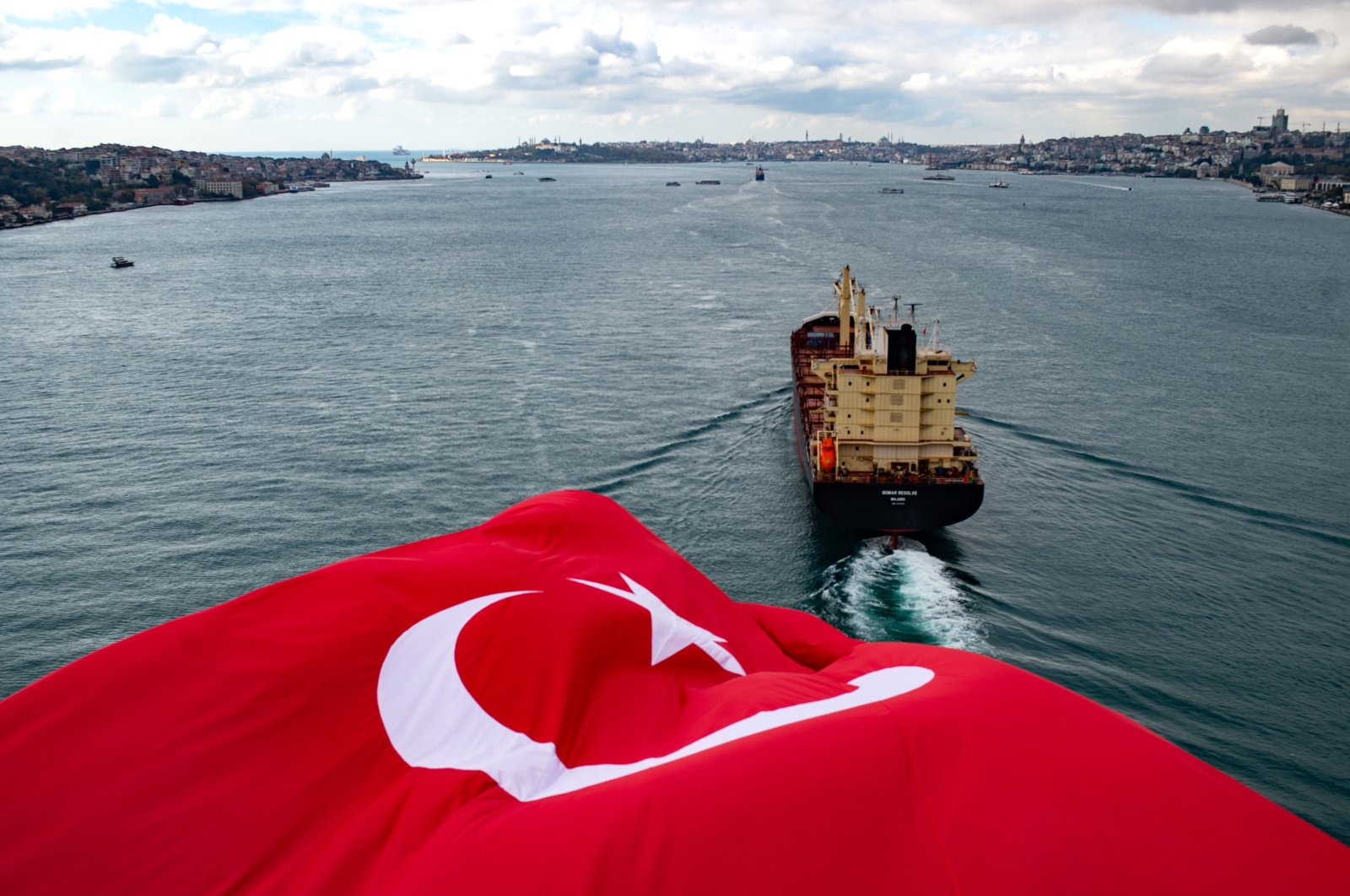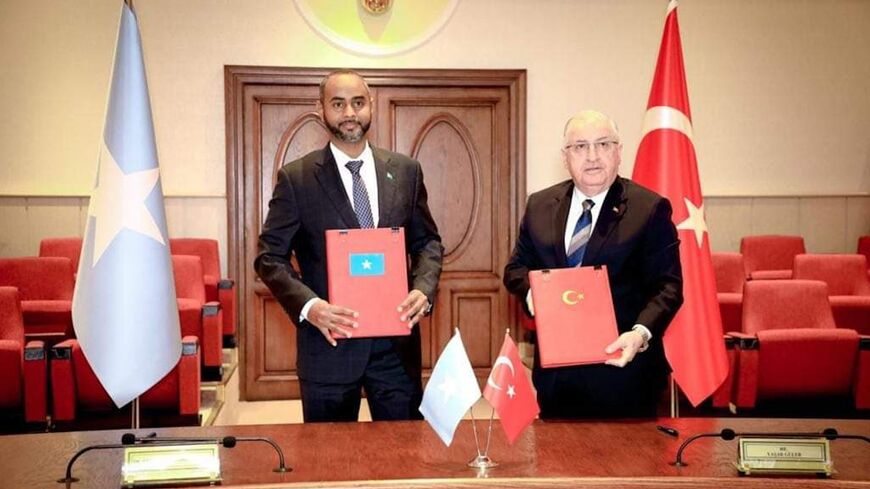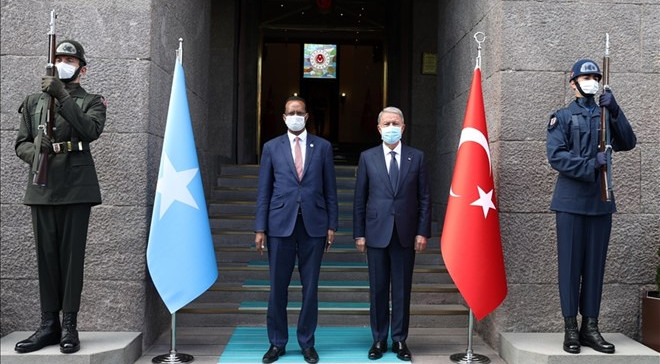 Somalia’s enduring partnership with Turkey dates back to 2011, when Recep Tayyip Erdogan’s visit shed light on Somalia’s dire situation amid a devastating drought. The subsequent years saw Turkey emerge as a steadfast ally, offering substantial aid across critical sectors, including health, education, and infrastructure development. Unlike conventional aid models, Turkey’s direct engagement with local institutions and communities yielded tangible results, earning it widespread trust and admiration among Somalis.
Somalia’s enduring partnership with Turkey dates back to 2011, when Recep Tayyip Erdogan’s visit shed light on Somalia’s dire situation amid a devastating drought. The subsequent years saw Turkey emerge as a steadfast ally, offering substantial aid across critical sectors, including health, education, and infrastructure development. Unlike conventional aid models, Turkey’s direct engagement with local institutions and communities yielded tangible results, earning it widespread trust and admiration among Somalis.
A key element of Turkey’s approach lies in its steadfast neutrality in Somali politics, setting it apart from other regional actors vying for influence. This principled stance has bolstered Somalia’s confidence in Turkey’s intentions, paving the way for deepening diplomatic ties and collaborative endeavors.

Turkey’s contributions extend beyond humanitarian aid, encompassing significant investments in Somalia’s security and economy. Notably, Turkey has played a pivotal role in rebuilding the Somali National Army and bolstering security infrastructure. Moreover, Turkey’s willingness to invest in Somalia’s local economy underscores its confidence in the nation’s potential for growth and development.
However, recent developments have sparked debate and scrutiny regarding Somalia’s bilateral agreements, particularly its defense and economic cooperation pact with Turkey. The lack of transparency surrounding the terms of the agreement has raised concerns among citizens and lawmakers, who question the potential implications for Somalia’s sovereignty and economic future.
According to reports, the agreement grants Turkey access to 30% of Somalia’s maritime resources over ten years. While aimed at bolstering maritime security and countering external threats, the agreement’s opaque nature and lack of parliamentary oversight have sparked controversy.

The agreement’s potential benefits for Somalia include Turkey’s commitment to enhancing Somali naval capabilities and mediating regional conflicts. However, questions linger regarding the long-term implications for Somalia’s blue economy, particularly amid challenges such as illegal fishing and foreign exploitation of maritime resources.
Somalia’s history of territorial disputes and external interference underscores the need for careful consideration and transparent governance in such agreements. While Turkey’s involvement holds promise for Somalia’s security and development, ensuring accountability and safeguarding national interests remain paramount.
In navigating these complex dynamics, Somalia faces a critical juncture where strategic decisions will shape its future trajectory. By fostering transparency, engaging stakeholders, and prioritizing national interests, Somalia can leverage partnerships like the one with Turkey to advance its development goals and safeguard its sovereignty in an ever-evolving geopolitical landscape.



